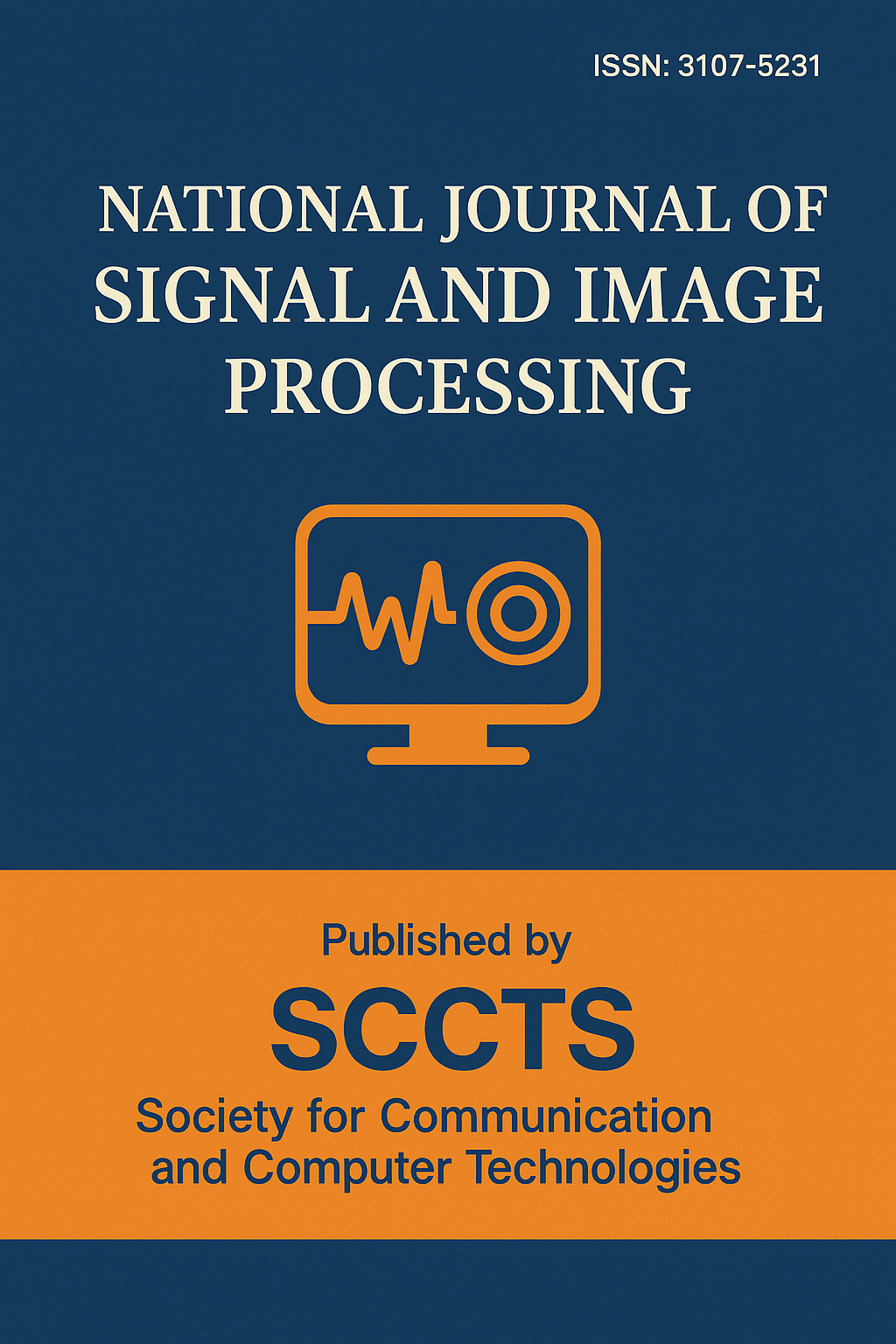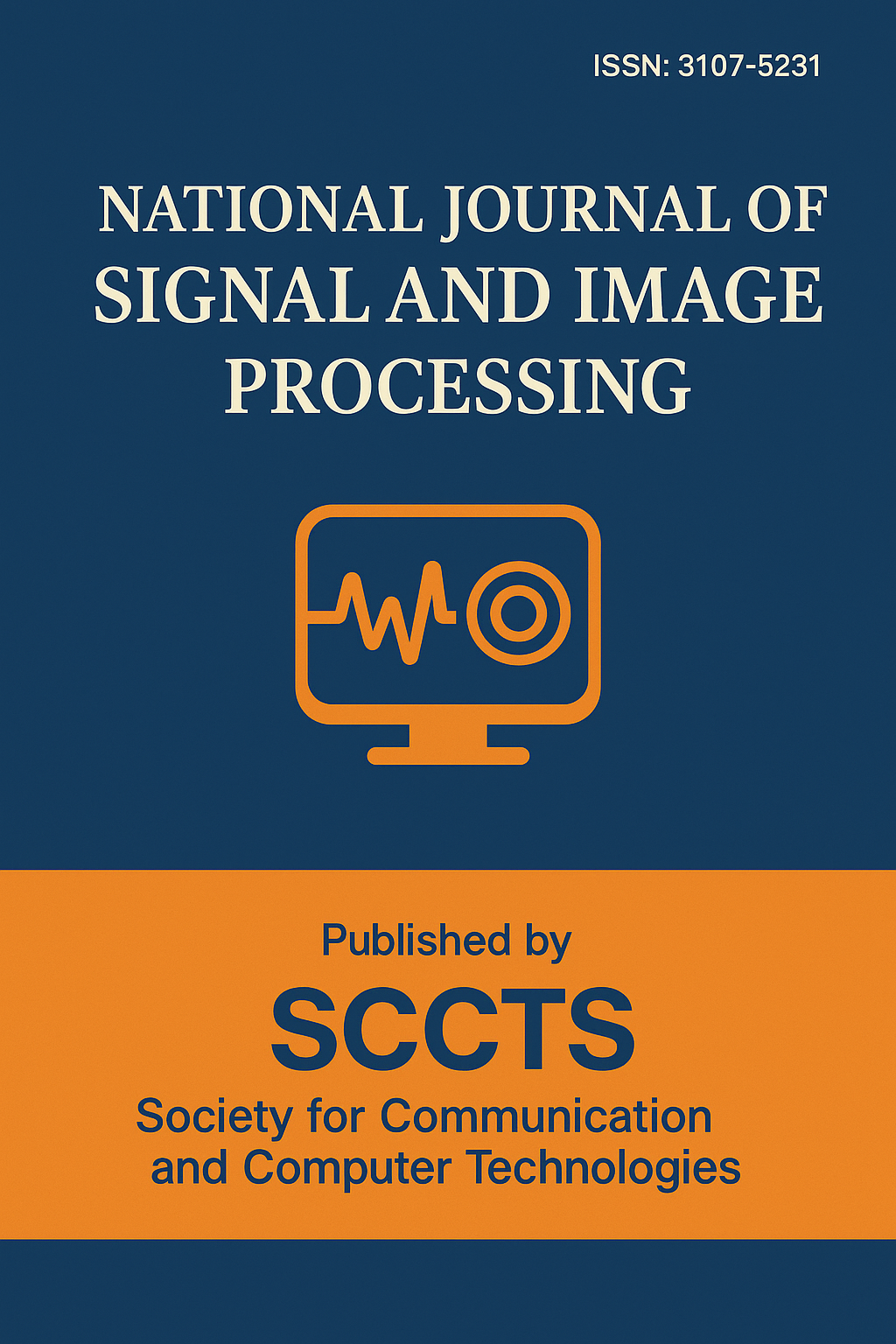Privacy-Preserving Federated Learning for EEG Signal Classification in Remote Brain–Computer Interfaces
DOI:
https://doi.org/10.17051/NJSIP/01.03.08Keywords:
EEG Signal Processing,Brain–Computer Interface (BCI), Privacy PreservationFederated Learning,Neural Signal Decoding, Secure Aggregation, Differential Privacy, Remote Healthcare, CNN–LSTM Architecture, Spatio–Temporal Feature Extraction, Wearable NeurotechnologyAbstract
The development of Brain Computer Interfaces (BCIs) has led breakthrough areas in distant care, neurorehabilitation and assistive technology. Nonetheless, remote implementation of BCI, especially those based on electroencephalogram (EEG) signal, creates serious privacy and security issues. Processing of the EEG waveforms entails multiple operations that imply bandpass filtering, noise rejection, spatial feature enhancement, and modeling, temporal patterns, which is why maintaining fidelity as well as privacy is of the essence. A privacy preserving federated learning (FL) framework of EEG signal classification is suggested that combines neural signal decoding based on the hybrid CNN-LSTM convolutional neural network-long short term memory architecture with smart spatio temporal signal processing. The model is able to capture both cross-channel spatial synchrony as well as temporal time-varying patterns in neural activity and is motivated by time frequency domain preprocessing to maximize feature discriminability. It gives some privacy through using differential privacy and secure aggregation and minimizes communication overhead by compressing the model. On benchmark EEG datasets, the framework shows high classification accuracy 92.6% with little accuracy degradation as compared to centralized training, further proving secure, real-time execution as applied in bandwidth-limited, embedded neurotechnology systems.






